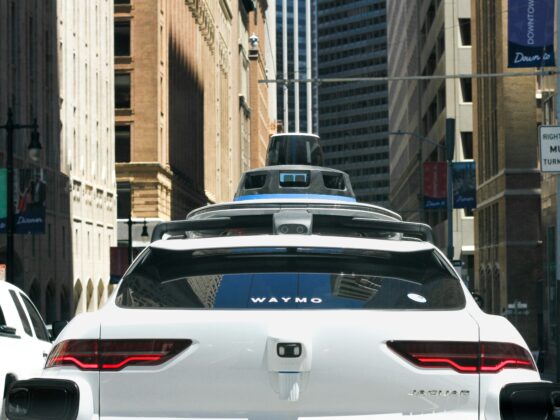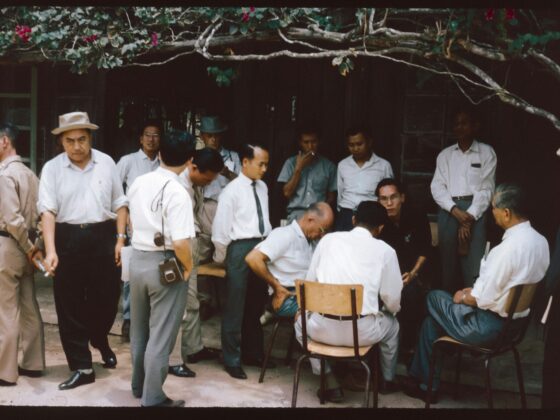For this special episode of Back of House Banter, we reunited four industry experts to revisit a popular panel discussion they did at WTM Africa about AI in the hospitality industry. The experts had a candid conversation about the potential of artificial intelligence, exploring its impact on everything from guest experiences to operational efficiency.
The panel, comprised of José Soares, Director of IT at The Capital Hotels, Louise Hibbert, Director of IT at SHR, Michael Cowen, CEO of Terraflow.ai, and Amy Branford, Regional Sales Manager at GuestRevu, challenged conventional wisdom and provided practical (and occasionally R-rated) advice for hoteliers navigating the rapidly evolving AI landscape.
A central theme of the conversation was the distinction between necessity and want when choosing where and how to implement AI in a hospitality business. Thanks to the popularity of generative AI tools like ChatGPT and Midjourney, we’ve all been seduced by the undeniably exciting abilities of Artificial Intelligence (we even used Gemini to help write this summary), but, as with any new technology, AI shouldn’t be implemented just for the sake of it.
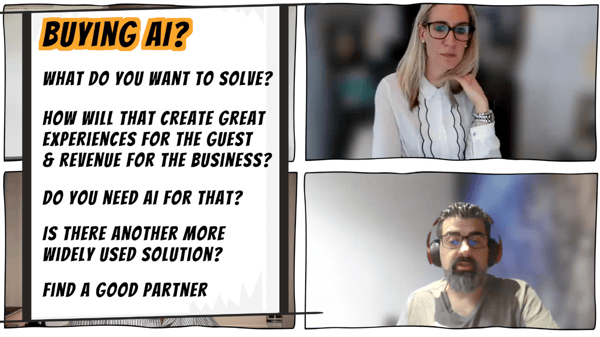
José emphasised the importance for hoteliers of identifying specific problems or use cases in each hotel that AI can help solve. Particularly as the technology is still new and rapidly evolving, hoteliers can maximise their investment and avoid costly mistakes by focusing on areas where AI can deliver tangible benefits. Amy and Louise also stressed the importance of viewing AI as a tool to enhance human capabilities rather than replace them. By automating mundane tasks, AI can free up staff to focus on more meaningful guest interactions.
Personalisation – a topic that’s waxed and waned in hospitality over the last few years – has also been given a new angle by AI. The panel explored how AI-powered tools can be used to curate tailored offerings, from room recommendations to dining suggestions. However, they cautioned against relying solely on technology, emphasising the importance of human touch and genuine hospitality.
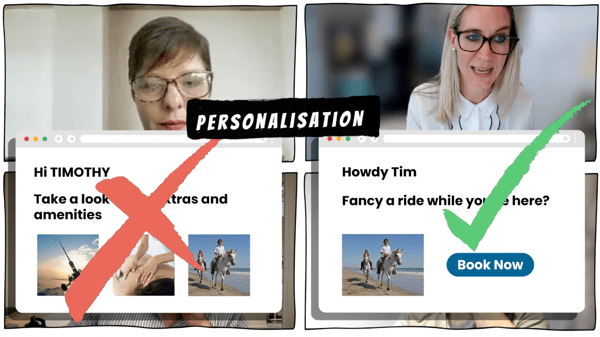
Although the panel agreed that AI is an undeniably powerful tool to streamline operations and free up human employees’ time, they had different opinions on how (or if) AI could be used in smaller hotel businesses. While the potential benefits are significant, the cost and complexity of AI solutions can be daunting for independent hoteliers. The panel suggested exploring partnerships and collaborations to overcome these hurdles.
Regardless of hotel size, the complexity of adding another technology prover and additional tool among the many software solutions already available in hospitality is something hoteliers will have to face if they plan to include AI in their tech stack. The panellists discussed the increasing number of providers offering AI solutions, often vying for access to valuable customer data. This creates a complex ecosystem where hoteliers must carefully evaluate their options to avoid excessive costs and data fragmentation.
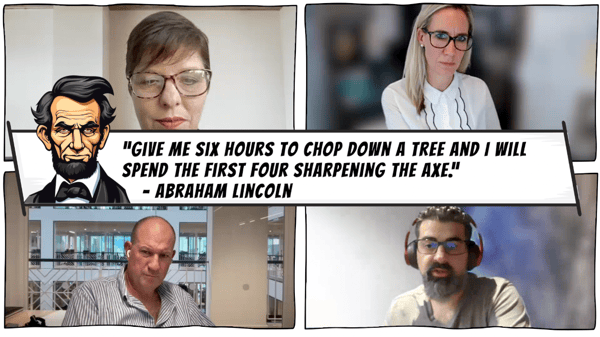
Despite these challenges, the panel remained optimistic about the future of AI in hospitality – provided that hoteliers keep their focus on core hospitality values, such as cleanliness, excellent service, and delicious food, while leveraging AI to enhance these offerings.
If you’re looking for ways to harness the power of AI, take a lunch break and listen to José, Michael, Amy and Louise share their experiences and perspectives, offering a roadmap for navigating the complexities of this rapidly evolving technology.

